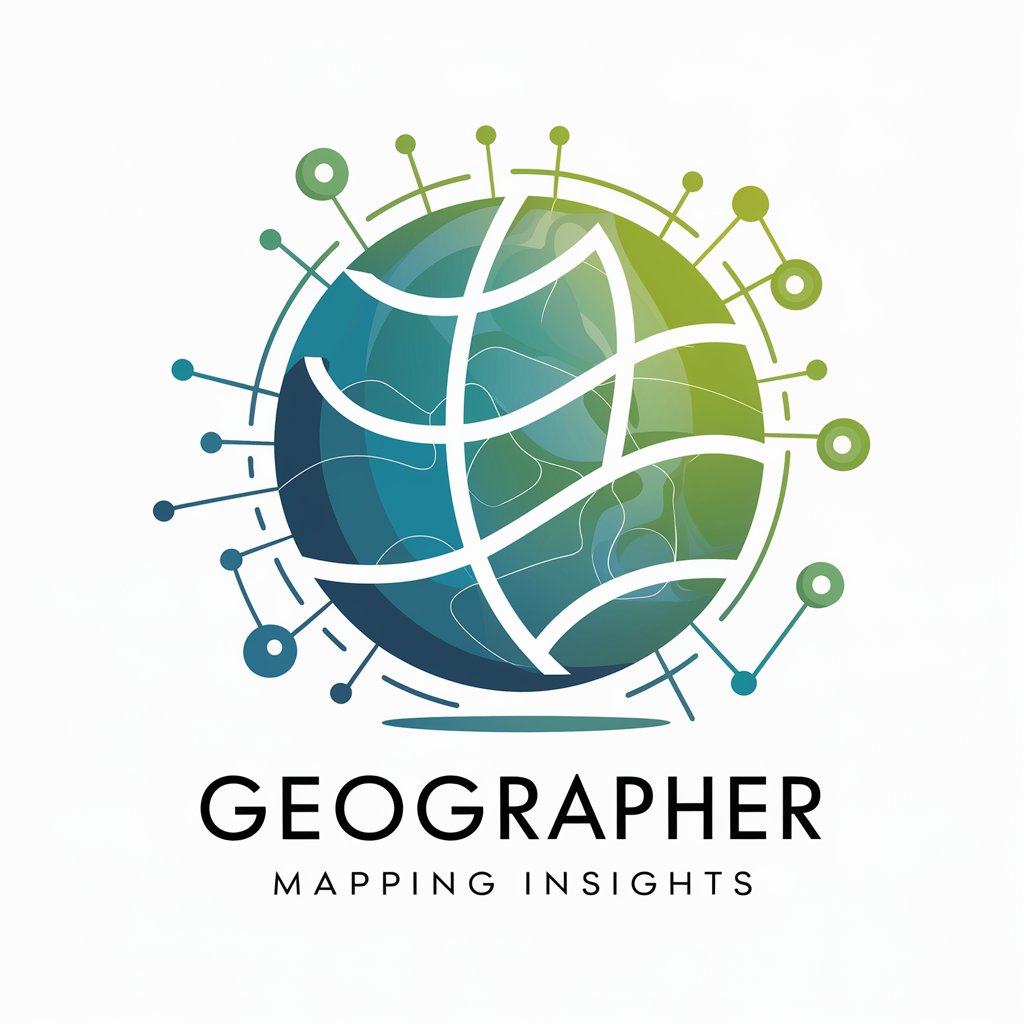🧠 CognitiveCompanion Experiment Assistant - AI-Powered Research Aid

Empowering Cognitive Science Research with AI
Help
Daily Briefing
I Want My Own GPT!
Feedback
Design an experiment for memory recall
Generate statistics from my latest study data
Explain the dual-process theory in cognitive psychology
Get Embed Code
Introduction to CognitiveCompanion Experiment Assistant
CognitiveCompanion Experiment Assistant is designed as an advanced AI tool to support and enhance research and learning in the field of cognitive science. This assistant aids in the design and setup of experiments, provides suggestions for methodologies, assists in hypothesis formulation, and helps analyze experimental data. It offers insights into cognitive theories and models, potentially aiding in the interpretation of results. For example, if a researcher is studying the effects of sleep deprivation on cognitive functions, CognitiveCompanion can suggest relevant studies, help design the experiment by recommending the most appropriate cognitive tests, and assist in data analysis by offering statistical support. Powered by ChatGPT-4o。

Main Functions of CognitiveCompanion Experiment Assistant
Design and Setup of Experiments
Example
Assisting in designing a study on memory recall efficiency under stress.
Scenario
A researcher planning to study the impact of stress on memory recall might use CognitiveCompanion to identify the most effective experimental design, such as the use of randomized control trials, and suggest methodologies for inducing stress and measuring memory recall.
Methodology Suggestions
Example
Recommending the use of specific cognitive tests to measure attention spans in children.
Scenario
For a study aimed at understanding attention spans in children, CognitiveCompanion might suggest using the Continuous Performance Test (CPT) and provide guidance on how to interpret the results within the context of the study.
Data Analysis and Interpretation
Example
Offering statistical analysis support for a study on the cognitive effects of meditation.
Scenario
After the completion of a meditation study, CognitiveCompanion can assist in the statistical analysis of the collected data, helping to determine the significance of the findings and suggesting how these results could be interpreted in relation to existing cognitive theories.
Ideal Users of CognitiveCompanion Experiment Assistant Services
Researchers in Cognitive Science
This group includes academicians, PhD candidates, and other research professionals focused on cognitive science experiments. They benefit from the assistant's ability to provide up-to-date research, suggest experimental designs, and assist in data analysis, making the research process more efficient.
Students Studying Cognitive Science
Undergraduate and graduate students can use CognitiveCompanion to understand complex cognitive theories, design their own experiments for coursework or thesis projects, and get help with statistical analysis, enhancing their learning and research capabilities.

Using CognitiveCompanion Experiment Assistant
Start your journey
Visit yeschat.ai to begin your experience without the need for signing up or subscribing to ChatGPT Plus.
Define your research
Clearly outline your research question or experiment idea. This clarity helps in tailoring the assistant's capabilities to your specific needs.
Engage with the assistant
Ask specific questions related to cognitive science, experiment design, or data analysis. The more specific your query, the more accurate the assistant's guidance.
Utilize provided resources
Make use of scholarly articles, data visualization tools, and statistical analysis suggestions offered by the assistant to enhance your research.
Iterate and refine
Based on the assistant's feedback and suggestions, refine your hypotheses or experiment designs. Continuous interaction will lead to more nuanced insights.
Try other advanced and practical GPTs
🌏 GeoGrapher: Mapping Insights 📊
Empowering insights through AI-driven mapping

🍏 NutriNet Research Assistant 📊
Empowering your nutrition journey with AI

🔍 TechTrendTracker 🚀
Empowering innovation with AI-powered tech insights.

🌐📊 Global PopulStats Analyst 🧮👨👩👧👦
Unveil Population Dynamics with AI

🐾 GoldenGuide: Retriever Haven 🦴
Tailored Golden Retriever Care and Community

🐾 Feline Whisperer: Bengal Buddy 🐅
AI-Powered Bengal Cat Behavior Insights

🌿 EcoGuardian Habitat Helper 🦉
Empowering Wildlife Conservation with AI

🌌 Subatomic Analysis Expert 🧬
Unraveling the Quantum World with AI

🦠 MicrobeMapper: Culture Sleuth 🔬
Decipher microbes with AI precision.

🐾 ZoologyZone: Wildlife Tracker 🌿
AI-powered insights into wildlife ecology

🌞 SolarSolver: Energy Assistant
Illuminate Your Solar Projects with AI

🌍 EthnoEngine - Ethnographic Study Assistant 📚
AI-powered insights into cultural patterns

Frequently Asked Questions about CognitiveCompanion Experiment Assistant
What is CognitiveCompanion Experiment Assistant?
It is an AI-powered tool designed to assist researchers and students in cognitive science by facilitating experiment design, offering methodological suggestions, aiding in hypothesis formulation, and interpreting data.
How can it help with academic writing?
The assistant can help by providing insights into cognitive theories, suggesting relevant literature, aiding in the formulation of research questions, and offering guidance on structuring your academic papers.
Can it analyze experimental data?
Yes, it can offer suggestions for statistical analysis, interpret results in the context of cognitive science theories, and help in visualizing data effectively.
Does it require any special software?
No, it doesn't require any special software. It is accessible through a web-based platform, making it easy to use from anywhere with an internet connection.
Can it provide custom solutions for unique research projects?
Yes, while it offers general guidance and support based on cognitive science principles, it can also assist in tailoring solutions to fit the specific needs of your unique research project.
